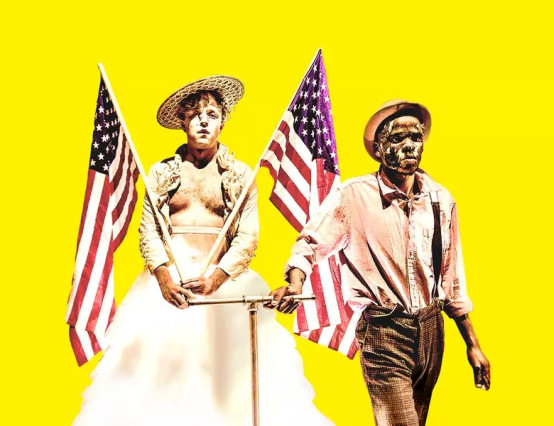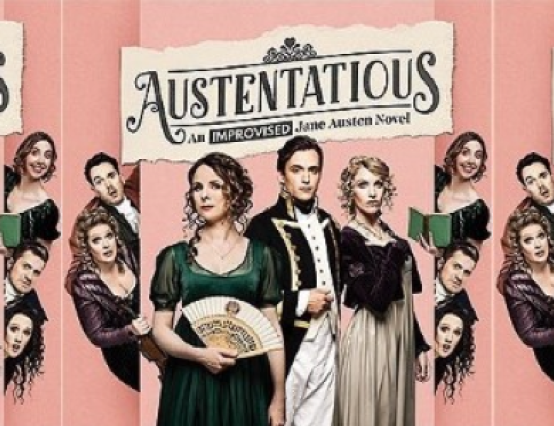With Queen Elizabeth’s passing on 8th September, the UK was thrown into a flurry of conflicting emotions. With a plethora of people expressing a multitude of opinions, it seemed as if everyone had something to say on the matter. But what interested me was the media response to the Queen’s death - how the long-awaited, long-dreaded moment was immortalised through a specific lexicon. Which words were chosen to shape our national memory? And how important were the first 24 hours of media coverage in defining the next 24 years of remembrance?
Naturally, the dominance of the BBC was notable through the initial breaking of the news. With all programming suspended from 3 pm on the day, reporter Huw Edwards was left for nearly four hours to fill air space. Reels of the Queen from recent months were played on repeat as the BBC managed to say nothing yet still to convey the import of the day. And like millions of others, my family huddled around the television screen - defining the image of how a modern family marks momentous occasions.
The first real indication of news was thrust onscreen at 6:30 pm - the lowered standard of Buckingham Palace. But was it purposeful that we received a visual cue rather than an auditory announcement? Some argue that to stop the national panic, it was the task of the BBC to gently break the news by suspending programming, giving visual clues, and finally making their official announcement. Indeed, it is crucial to remember that news platforms and journalists have prepared for this moment for dozens of years.
However, the royal correspondent, Nicholas Witchell, truly crystallised how the world would remember Queen Elizabeth. Witchell was the first to discuss the queen’s passing on BBC One, following the repeated statement of her passing. Interestingly, Witchell proposed that he was speaking on behalf of the people, yet it could be argued that he moulded views more than he did reflect them. The first thing he did to note the moment was to discuss how “millions of people” were affected, making viewers feel part of something larger than themselves and attempting to unite rather than divide the nation. In a careful balancing act, Witchell next discussed how this was also a “personal loss”, thus bonding the self with the communal. His language reflected the historical nature of the moment, saying it was a reign that would be talked about in years to come. Employing grandiose words, Witchell discusses “dignity”, “decency”, and “national identity”. And yet, just in case any particularly cynical or analytical viewers out there were keen to criticise, Mitchell also ensured to self-declare the “old-fashioned” nature of these words.
Witchell’s initial speech was evidently well-planned throughout, but the pinnacle came in his final statement. Witchell called the late Queen “Elizabeth the Great”, a title previously only afforded to heroic or mythic rulers from days of chivalry and honour. It was a clear attempt to create a new title for the queen in the pages of England’s history, a way of morphing the mourning of her death into the celebration of her life.
This type of journalistic language has continued since. Elliot Peck, a Royal Navy officer who contributed to the Queen’s funeral, recorded in a news article that the event was “a proud moment for me and my family”. Likewise, the same article notes the funeral as a “historic occasion”. Indeed, with events taking place all over the country, it is no wonder we are balancing the personal and the communal better than ever before.
So how can words shape our national memory? I would argue that they tread a tricky line between reflecting and shaping the thoughts of the masses, acting simultaneously as commemoration, consolation, and celebration. We are not yet to know whether the queen will survive history as Elizabeth the Great, but one thing remains certain - there is very little chance of anyone forgetting the events of the past few weeks.









0 Comments